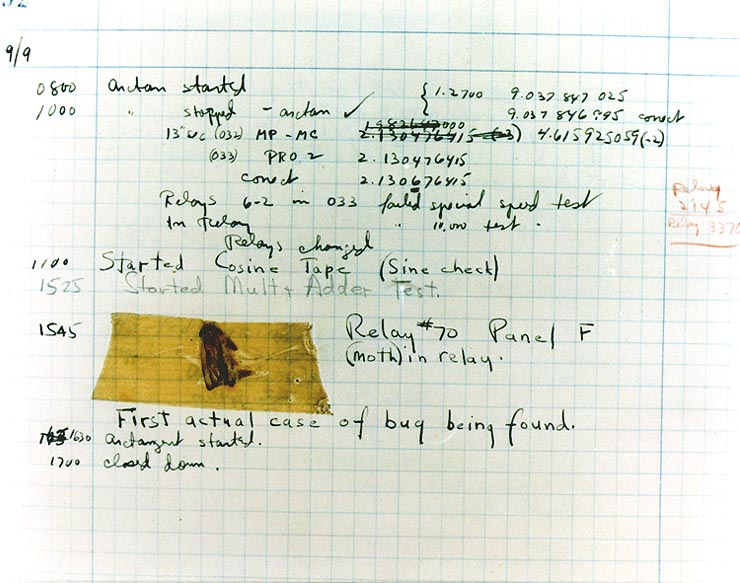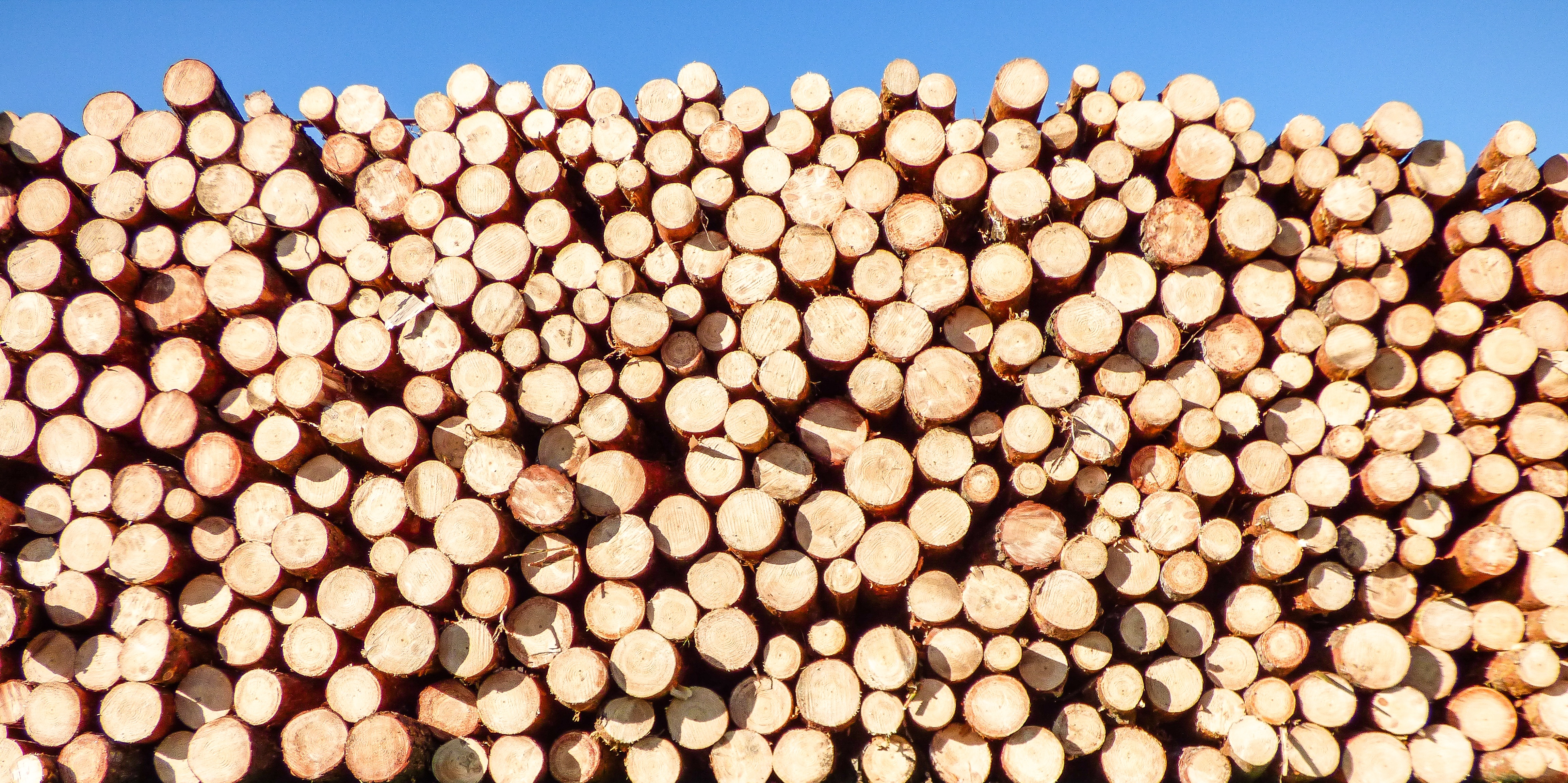CrashLoopBackoff, Pending, FailedMount and Friends
Debugging Common Kubernetes Cluster and Application Issues
About Me
In IT since my first job helping out with computers in my high school in 1994
Past employers: CoreOS, Red Hat, Electronic Arts among many others
Currently a Senior Consultant for  (we're hiring!)
(we're hiring!)
Blood type: Caffeine-positive
Contact info:
- jthompson@oteemo.com
- Twitter: @caffeinepresent
- Kubernetes Slack: @kensey
First thoughts
None of this is rocket science, it's just a new rocket engine
Most of it isn't even really new -- we're just probing the state and outputs of the system. The only new things are:
- Some of the tools
- Some of the parts you probe

Credit: Wikimedia Commons
Your application deployment just failed
Take a deep breath...
- Don't panic
- Find the Little Book of Calm
- Assorted other advice from classic works of fiction
Now let's fix it
- Gather info
- Form a plan
- Test and execute
Gathering info: tools and techniques
Some first steps
Get the lay of the land...
kubectl get [-o wide] <nodes, pods, svc...>
kubectl describe [-o yaml] <node, pod, svc...>Often you will spot the issue right here
Let's talk about...

kubectl get events
Provides a summarized view of recently-seen events, e.g:
NAMESPACE LASTSEEN FIRSTSEEN COUNT
NAME KIND
SUBOBJECT TYPE REASON SOURCE
MESSAGE
default 6s 6d 39910
data-romping-buffoon-elasticsearch-data-0 PersistentVolumeClaim
Normal FailedBinding persistentvolume-controller
no persistent volumes available for this claim and no storage
class is setkubectl logs
- Note: no
get
Gets logs from a container in a pod:
<probe> INFO: 2017/11/14 21:55:43.738702 Control connection to
weave-scope-app.default.svc starting
<probe> INFO: 2017/11/14 21:55:45.789142 Publish loop for
weave-scope-app.default.svc starting- If the pod has multiple containers, container must be specified too with
-c
Container logs
Good old-fashioned SSH followed by interacting with the system logs or container runtime
"Didn't we just do that with kubectl?" -- If you have really bad cluster issues or you're debugging an issue with a control-plane component, you might not be able to use kubectl
Containers for debugging
- SSH to host
- Run a container in an existing container's namespace
"Why?!"
- If the application doesn't provide good logs, or doesn't know what issues it's encountering, at least you can interrogate its environment
- If the host itself has issues and lacks the usual tools, this is often safer and quicker than trying to install them permanently on the host
What to look for
Know what "normal abnormal" behavior looks like
<probe> WARN: 2017/12/08 07:39:07.762765 Error collecting weave status,
backing off 10s: Get http://127.0.0.1:6784/report: dial tcp 127.0.0.1:6784:
getsockopt: connection refused
<probe> WARN: 2017/12/08 07:39:07.767862 Cannot resolve 'scope.weave.local.':
dial tcp 172.17.0.1:53: getsockopt: connection refused
<probe> WARN: 2017/12/08 07:39:07.816447 Error collecting weave ps, backing
off 20s: exit status 1: "Link not found\n"In my cluster, this is not a problem when I deploy Weave Scope because I don't have Weave networking deployed
Cluster networking issues
- Did you deploy a cluster network?
- If you did, are the pods for it starting correctly?
- Are the expected interfaces showing up on the host?
- Are firewalls preventing packets from flowing between hosts?
(Note: no deep dive here, because the topic is vast...)
Pod startup issues
- Are your pods getting scheduled?
- Are your pods starting? If not, why not?
- Are your pods starting but crashing?
- Container pull/startup issues?
- Init container failing?
- Readiness/liveness probes failing?
- Running out of resources (not only actual usage, but requests)?
Service discovery issues
<probe> WARN: 2017/12/08 17:49:35.260659 Cannot resolve
'kubecon2018.default.svc': lookup kubecon2018.default.svc on
10.3.0.10:53: no such host- Cluster DNS issues?
- Typos in service names?
- Deployed in wrong namespace?
- kube-dns not healthy?
- Do your services have endpoints? If not, why not?
Access control issues
<probe> WARN: 2017/12/08 07:56:19.104684 Error Kubernetes reflector (pods),
backing off 40s: github.com/weaveworks/scope/probe/kubernetes/client.go:195:
Failed to list *v1.Pod: pods is forbidden: User "system:serviceaccount:default:
kubecon2017-weave-scope" cannot list pods at the cluster scope
<probe> WARN: 2017/12/08 07:56:19.106268 Error Kubernetes reflector (nodes),
backing off 40s: github.com/weaveworks/scope/probe/kubernetes/client.go:195:
Failed to list *v1.Node: nodes is forbidden: User "system:serviceaccount:
default:kubecon2017-weave-scope" cannot list nodes at the cluster scope- NetworkPolicy preventing traffic?
- RBAC preventing reading resources?
- Need to create a role/service account/binding?
- Often an issue with things that manage Kubernetes itself or use it for discovery
- TLS issues?
Hey, so how do I fix it?
Usually that's the easy part: Kubernetes is declarative, so just redeclare things correctly:
kubectl apply -f ...Don't forget to fix things before you clean up old pods/etc. Kubernetes does a lot of cleaning up for you -- don't make work for yourself
Preventive and remedial measures
Application design
- Does your application log diagnostic info? Does it do so correctly?
- BAD: "lp0 on fire"
- Yes, I'm harping on logs again
- Does it log enough? Are you sure?
- Write more detailed logs anyway
- Does your application have diagnostic tools? Do you document them?
- How safe is data and state in case of app failure? Can your application roll back? Have you tested that?
Pre-deployment
- Automate, automate, automate
- Preaching to the choir, I know
- Factor out redundancy -- repeating yourself is error-prone
- Your environment should not only support both of the above, they should be the obvious path of least resistance -- look at Helm, Draft, etc. for automating/templating app deployments
- Consider the Cluster Autoscaler or other methods of auto-scaling to mitigate resource issues
- Test environments are not optional
Post-deployment
- Application validation tests -- make sure your successful deployment was a correct deployment
- Ongoing monitoring -- but avoid "alert fatigue" by choosing your alert conditions well
- Make sure your conditions make sense for your environment
- Adopt the chaos monkey (see here or here) -- you show me a server with high uptime and I'll show you a server with unpersisted state
Where you can get more help
Kubernetes Docs
API docs: https://kubernetes.io/docs/api-reference/v1.8/ -- great for resource syntax
Other good info on the main Tasks page: https://kubernetes.io/docs/tasks -- see sidebar under "Monitor, Log and Debug" (especially Troubleshoot Clusters and Troubleshoot Applications)
Kubernetes Slack
#kubernetes-novice: beginner/"how do I get started?" issues
#kubernetes-users: General questions
Look within
A lot of your traditional knowledge is still relevant
- "None of this is new" -- Chen Goldberg, here, yesterday
- RFC 1925 is almost 22 years old but will still give you pertinent advice
Take the time to fully describe problems you encounter (rubber-duck debugging)
Demos
Final thoughts
We've just scratched the surface here
"Aren't there tools for this stuff?" -- yes, but what if deploying them fails? This is about giving you base knowledge to understand what underlies those tools
There are a lot of tools out there with advanced capabilities that will help you prevent, debug and fix problems -- find some awesome ones you love and tell us all about them!
Don't Fall for Impostor Syndrome

- "Trust Yourself" -- Ilya Chekrygin, here, yesterday
Questions?
Grateful Appreciation To:
Oteemo management (hi Sam!) for getting me here
Justin Garrison and Michelle Noorali for abstract help
Many CoreOS engineers and Red Hat trainers past and present for teaching me how to do this stuff
Thank you!
for listening!
http://bit.ly/2B81csY+
